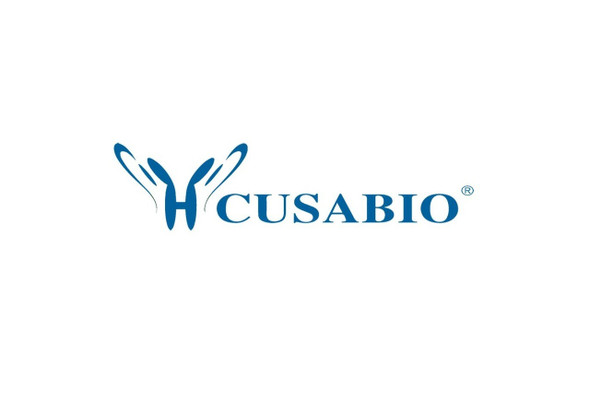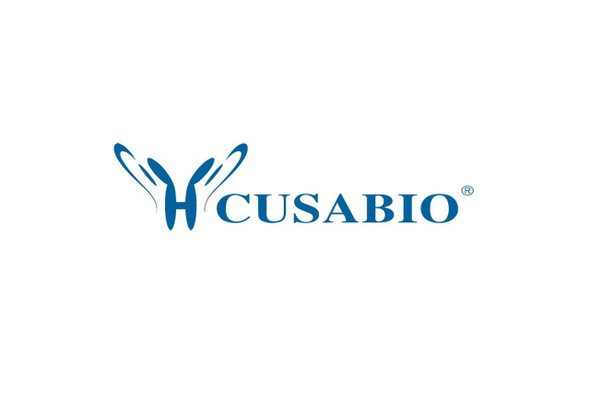Cusabio Polyclonal Antibodies
ACP6 Antibody | CSB-PA196351
- SKU:
- CSB-PA196351
- Availability:
- 3 to 7 Working Days
Description
ACP6 Antibody | CSB-PA196351 | Cusabio
ACP6 Antibody is Available at Gentaur Genprice with the fastest delivery.
Online Order Payment is possible or send quotation to info@gentaur.com.
Product Type: Polyclonal Antibody
Target Names: ACP6
Aliases: acid phosphatase 6, lysophosphatidic
Background: Lysophosphatidic acid phosphatase type 6 (ACP6), also designated acid phosphatase-like protein 1 (ACPL1) or lysophosphatidic acid phosphatase (LPAP), is a 428 amino acid secreted protein that hydrolyzes lysophosphatidic acid to monoacylglycerol. ACP6 is highly expressed in kidney, heart, small intestine, muscle, liver, prostate, testis, ovary and exists as two isoforms as a result of alternative splicing events. The gene encoding ACP6 maps to human chromosome 1, the largest human chromosome spanning about 260 million base pairs and making up 8% of the human genome. Notably, the rare aging disease Hutchinson-Gilford progeria is associated with the LMNA gene of human chromosome 1, which encodes lamin A. Stickler syndrome, Parkinsons, Gaucher disease, familial adenomatous polyposis and Usher syndrome are also associated with chromosome 1. Aberrations in chromosome 1 are found in a variety of cancers including head and neck cancer, malignant melanoma and multiple myeloma.
Isotype: IgG
Conjugate: Non-conjugated
Clonality: Polyclonal
Uniport ID: Q9NPH0
Host Species: Rabbit
Species Reactivity: Human
Immunogen: Fusion protein of human ACP6
Immunogen Species: Human
Applications: ELISA, IHC
Tested Applications: ELISA, IHC;ELISA:1:2000-1:5000, IHC:1:50-1:200
Purification Method: Antigen affinity purification
Dilution Ratio1: ELISA:1:2000-1:5000
Dilution Ratio2: IHC:1:50-1:200
Dilution Ratio3:
Dilution Ratio4:
Dilution Ratio5:
Dilution Ratio6:
Buffer: -20°C, pH7.4 PBS, 0.05% NaN3, 40% Glycerol
Form: Liquid
Storage: Upon receipt, store at -20°C or -80°C. Avoid repeated freeze.
Initial Research Areas: Signal Transduction
Research Areas: Cancer;Metabolism;Signal transduction











